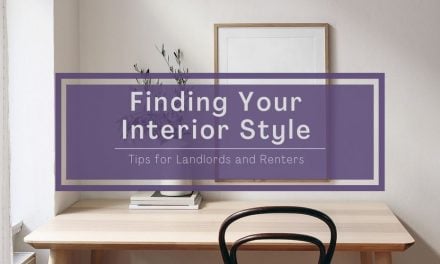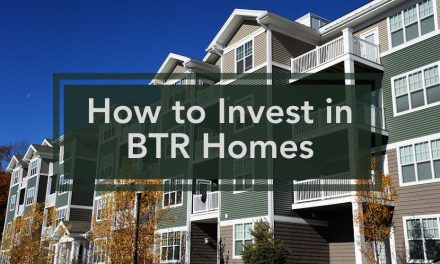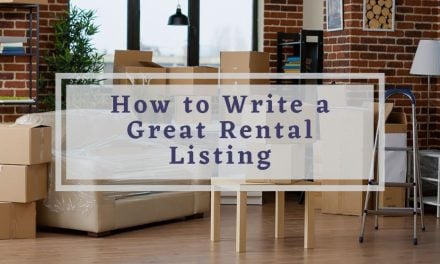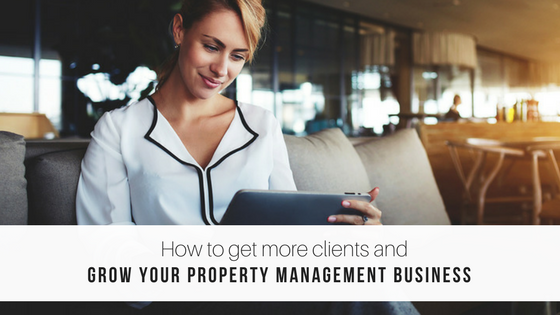
Whether you are using paper ledgers, spreadsheets, accounting, or other software, the time will come where it will benefit your business to make a change to a new property management system.
Change doesn’t have to be a scary word when it comes to finding and using a new solution. This article will break down how to make a seamless transition to a new property management software.
Why Consider a New Property Management System
There are three main reasons landlords look to make a switch in processes:
- Save Time.
It’s important to streamline your workflow to maximize your time. Manual and inefficient tasks take away the one commodity that is not renewable; time. - Save Money.
Improvement in time management is just one way to save money. Other money-saving benefits are realized in bundled services many property management software systems provide such as tenant screening and payment processing discounts. - Grow the Business.
Your ability to handle growth depends on using an affordable rental management software built to support business development while providing new features geared towards that growth.
As a landlord, you want to save time and money and ultimately grow your business but the fear of the unknown, from the transition to the learning curve, could be holding you back. A good spotlight may dispel the shadow of fear and light the path to a better solution.
Old School Tracking vs. Online Landlord Software
Paper & Pencil in Ledgers
If you are in this category you may be saying, “this is the way landlords have tracked bookkeeping since the invention of paper. It’s tried and true and tangible’.
And you wouldn’t be wrong, it is a long-standing practice and tangible. Unfortunately, it also has some inherent disadvantages namely; difficult to extrapolate data into reports for analysis, prone to errors or omissions, and subject to the elements such as fire and floods.
Spreadsheets
Although useful for data-entry, unless you are a spreadsheet wizard; relying solely on them is nearly a lateral move from using a tangible ledger.
Whichever old school system is being used, you are missing out on the benefits of a robust property management system from integrated tenant screening to online payment processing to communication tools.
TIP: When searching for the best landlord software, find one that offers superior client support; especially for getting started. Make sure they offer and take full advantage of their training videos, webinars, knowledge base, and other getting started tools.
Because most of your processes have been centered around bookkeeping, when you make the switch, start with understanding the flow of information in the software from the perspective of data-entry first before tackling other features such as tenant portals, online payment processing, or electronic documents.
From Quickbooks to a Property Management Software
Some landlords use Quickbooks or other accounting software to track the income and expenses associated with managing their property portfolio. This is a huge step-up from spreadsheets and provides nice reporting tools.
However, accounting software was designed for that specific task alone. So, similar to the old school way of documenting, accounting software leaves gaps in much-needed information and lacks the tools to help you save time and money in managing your properties like work orders and lease management.
In some instances, a large property management company or a landlord with intricate accounting needs may choose to run a property management software concurrently with an accounting platform such as Quickbooks and Xero to track payroll, depreciation schedules, and amortization of loans, etc.
TIP: In most instances, if you are not running payroll nor have a need for accrual-based accounting features, property management software will allow you to maintain a separate ledger in the system to track your business expenses separate from the property expenses making a separate accounting software unnecessary.
If you need to run an accounting program concurrently, be sure to find a rental property management software that allows you to export data to a .csv format. You would then use the Quickbooks or other accounting software import tools.
Do I Need a New Property Management Software Provider?
The majority of landlords are likely already using some type of rental property software. If you are one then it’s important to periodically take inventory of your needs, your current software features and service, and do a little competitive research:
- Does my software company provide excellent service and support when I need help?
- Do they focus on my needs by making software improvements and new features?
- Is the pricing competitive and fair for the benefits received?
- Am I using the software to its full potential?
- What features do other providers offer that could make my life easier such as communication tools, online payment processing options and fees, tenant and owner portals and mobile apps, third-party inspection and electronic signature integrations.
- Is the software cloud-based so I can access it from any location at any time?
- What security measures are in place to protect data and access?
TIP: Don’t let the fear of change keep you from changing providers. Take advantage of recorded demos and live tours of the software.
Take a peek behind the curtain by watching their videos, reading help articles, and sign up for a free trial. Kicking the wheels can help ease transition concerns.
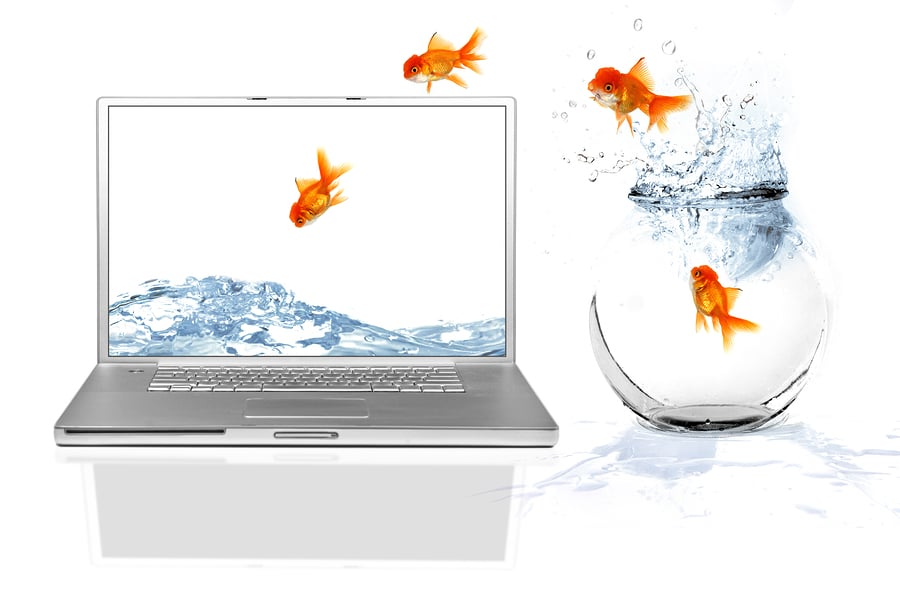
Finding the right property management software will help you make an easy leap from a limited space to one of endless possibilities to help you care for your tenants and property investments.
Transition Tips to Change Property Management Software
Timing
Decide your transition timing to a new property management system. Map out your plan based on your state and tax reporting needs, how long it will take to onboard your information to the new system, and time required for training.
Taxes and Reporting
Unless you plan to input past data into the new system for the entire year, understand you will have two sets of reports one from the old system and another set from the new to provide your accountant at the end of the tax year.
Wrap-Up
Have a firm date when the information will be closed out in the old system and wrap up any loose ends such as posting outstanding balances, expenses, and income.
Export Data
If available, if you haven’t already, it is best to export data and reports from the old system for recordkeeping purposes.
Onboarding
Be sure to understand the new software flow of information and take advantage of all the learning tools and onboarding resources so that when you are ready on day one of using the system, there aren’t hiccups in processes or errors to ledgers.
Close the Old Account
Now that you are up and running in the new software, before closing the old account be sure you have downloaded or made copies of any pertinent information relating to taxes, reports, tenant and client information, marketing, etc. that you might not have stored on your computer previously. Note: most property management software companies require a fee or reactivation to recover and/or access information.
Benefits of Transitioning to New Rental Management Software
As the industry evolves so does the landlord software features and benefits such as:
~ Tenant portals, Owner portals, and the corresponding portal apps.
~ Online rent collection with automated data-entry.
~ Receiving payment from cash and money order paying tenants electronically
~ Paying owner disbursements online.
~ Integrated tenant screening resources.
~ Vacancy marketing tools and lead tracking.
~ Cloud technology for security and access when and where ever you go.
~ And much more!
Thoughtful planning and a little time spent learning will have you at home in your new property management software in no-time; leaving you more time to enjoy growing your business and caring for your tenants and portfolio.

